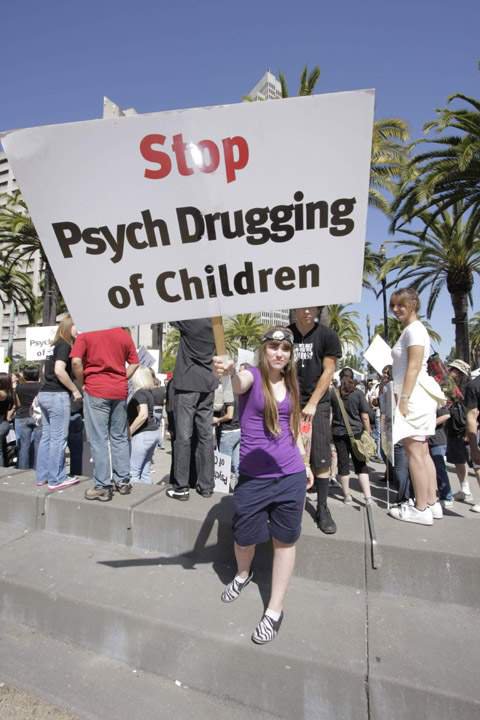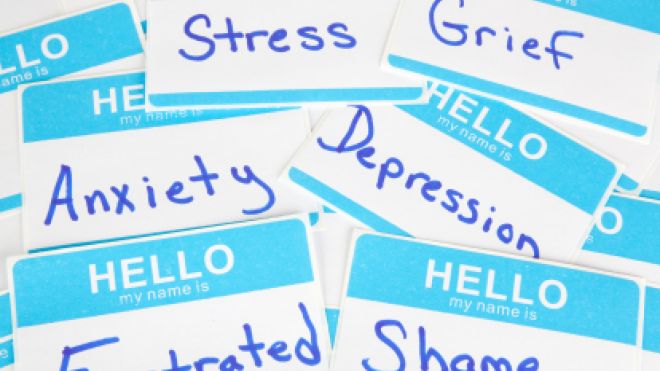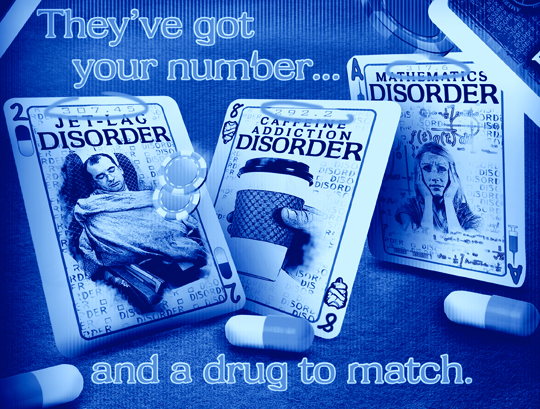
How Big Pharma and the Psychiatric Establishment Drugged Up Our Kids
In his book Psychiatryland, psychiatrist Phillip Sinaikin recounts reading a scientific article in which it was debated whether a three-year-old girl who ran out into traffic had oppositional-defiant disorder or bipolar disorder, the latter marked by “grandiose delusions” that she was special and cars could not harm her.1
How did the once modest medical specialty of child psychiatry become the aggressive “pediatric psychopharmacology” that finds ADHD, pediatric conduct disorder, depression, bipolar disorder, oppositional defiant disorder, mood disorders, obsessive-compulsive disorders, mixed manias, social phobia, anxiety, sleep disorders, borderline disorders, assorted “spectrum” disorders, irritability, aggression, pervasive development disorders, personality disorders, and even schizophrenia under every rock? And how did this branch of psychiatry come to find the answer to the “psychopathologies” in the name of the discipline itself: pediatric psychopharmacology? Just good marketing. Pharma is wooing the pediatric patient because that’s where the money is. Just like country and western songs about finding love where you can when there is no love to be found at home. Pharma has stopped finding “love” in the form of the new blockbuster drugs that catapulted it through the 1990s and 2000s. According to the Wall Street Journal, new drugs made Pharma only $4.3 billion in 2010 compared with $11.8 billion in 2005—a two-thirds drop




